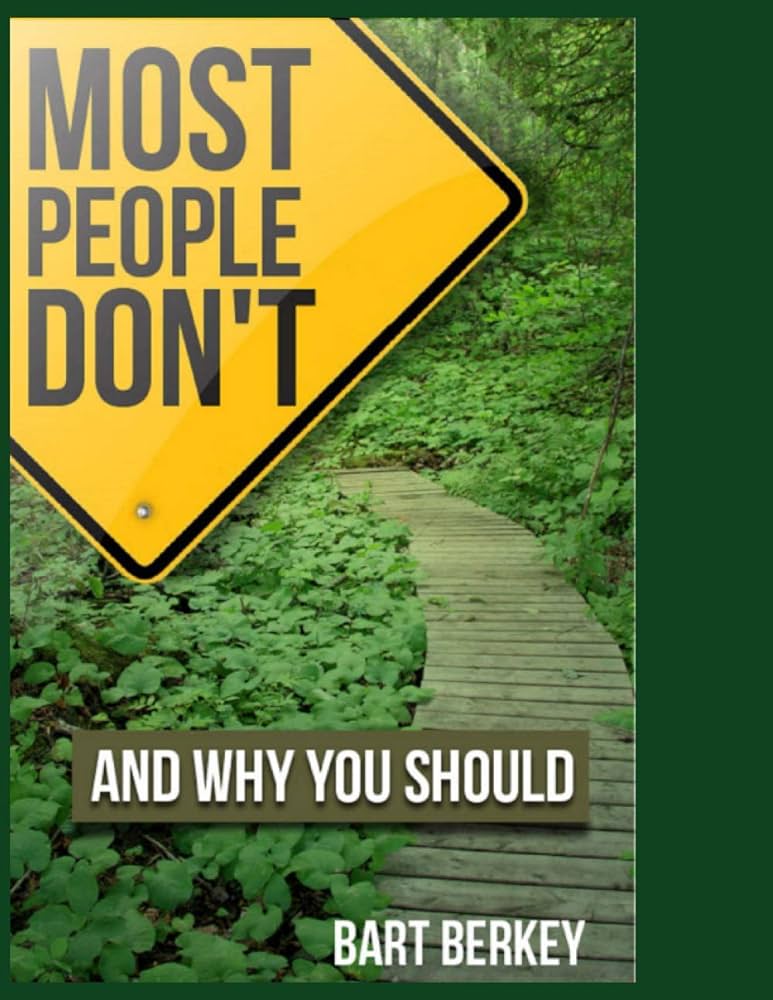Venture capital is one of the globe’s most powerful industries. Whether it’s an app we tap on our phone or a product we pick up from the supermarket shelf, there’s a strong chance VC funding played a part in getting it to market.
For those of us who work in the technology and startup space, VC is everywhere. But this is an echo chamber. Outside of our specific professional sphere, venture capital isn’t well understood at all. And that’s an issue we should all care about.
In recent polling conducted by Newton Venture Program, we found that 94% of the British public wouldn’t be able to confidently describe what venture capital is, with 91% saying they weren’t very familiar with the term at all.
This knowledge gap also deepens when assessed by gender and geography: men are more than twice as likely to know what VC is compared to women (12% vs. 5%), and 18% of people living in London are familiar with VC compared to a UK average of 9%.
This understanding gap has major repercussions. As the old mantra goes, you can’t be what you can’t see. So if the average person doesn’t really know what VC is, how can they aspire to work in the field? Or indeed understand the role venture funding could play in getting their business idea off the ground?
It means that only those coming from certain fields or particular backgrounds will tread the VC career pathway. This includes people whose parents might work in the space and can line up internship opportunities, candidates who attend universities that provide access to venture networks, those moving across from ‘feeder’ careers such as consultancy, or those who have the resources to complete an MBA and tap into the networking opportunities they provide.
While not completely homogeneous, many of these spaces and groupings are dogged by a lack of diversity. The people who know about VC as a career pathway and seek out roles are, therefore, highly likely to lack diversity too. This is borne out by the demographics of VCs and the founders they back.
The latest report from the BVCA and Level 20 shows that only 14% of senior investment roles are held by women and just 10% by those from an ethnic minority group. And a recent analysis by Ada Ventures found that just 23 women in UK VC own a controlling stake in a fund. On the founder side, study after study shows that women, people of colour, those from lower socio-economic backgrounds, and people living with disabilities are vastly less likely to attract VC funding.
We’ve created a reality where the lack of diversity within VC teams is reflected back into their portfolios, creating an ongoing cycle where those from overlooked and underestimated backgrounds struggle to get their foot in the door or close their first round.
However, most VCs acknowledge that the status quo needs to change. And they also understand that diverse portfolios outperform homogeneous ones. Work is happening to improve things, but the pace of progress is painfully slow and, in a downturn, has a tendency to go backwards. Everyone with decision-making power must therefore take personal responsibility for moving things in the right direction and speeding up the pace.
The first step is closing this VC knowledge gap and diversifying the venture talent pool. That means building relationships with schools, colleges and universities to seed an understanding of what VC ‘is’ at a young age.
It involves creating resources and sharing information that helps people access entry-level knowledge about how the sector works (as we’ve done with the Newton Foundations course). And it means scrapping hiring policies that allow bias to flourish and replacing them with skills-based, blind hiring processes – levelling the playing field for a wider spectrum of talent and potential.
Venture offers a world of opportunity for those working in or around the field. We owe it to ourselves and the wider public to ensure we’re doing all we can to open doors to these opportunities rather than close them.
Eleanor Kaye is the executive director of the Newton Venture Program.
The post Most people don’t know what VC is. That’s a problem for diversity appeared first on UKTN.


